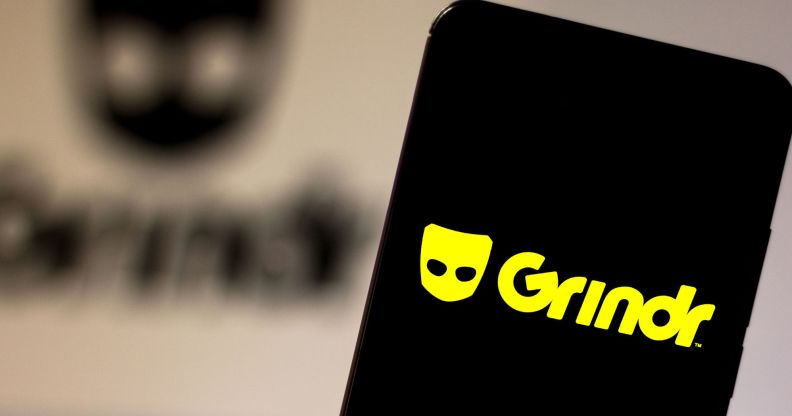Grindr loses nearly half of staff after back-to-office ultimatum

The popular hookup site Grindr let go nearly half of its staff after demanding they return to the office at least two days a week. (Getty Images)
Gay hookup site Grindr has joined the list of tech companies demanding their employees return to the office, losing almost half of its staff in the process.
In the post-pandemic workplace, many tech leaders have urged their teams to return to the office, with mixed results. Now, Grindr joins other tech firms such as Google, Meta and what’s left of X (Twitter) in telling their employees they have to work in the office at least a couple of days per week.
WIRED reports that the popular app, best-known for quick hookups for gay and bisexual men, issued a firm directive for employees to return to the office which has resulted in a downsizing of the company’s workforce.
In August, Grindr presented its remote workforce with a two-week ultimatum: commit to working in the office at least two days a week starting in October or lose your job by the end of the month. According to the Grindr union, which formed two weeks before the ultimatum was issued, 82 out of 178 staff or 46 per cent of its workforce were subsequently let go.
For many, the decision was especially difficult as it would require moving back to the US company’s offices in Los Angeles, Chicago or San Francisco – three of the nation’s most expensive cities to live in.
Union members have accused the company of hypocrisy, as Grindr asked LGBTQ+ staff to disconnect from their support networks during a time of increased homophobic and transphobic crime and rhetoric.
The quick shift from all-remote to hybrid
The transition from a remote-first to a hybrid working model at Grindr began in April as the company increased focus on recruiting engineers at its Chicago hub. In June, Grindr’s CEO George Arison vaguely hinted that the company was exploring different working options during a company off-site event.
Later that month, in a screenshot seen by WIRED, Grindr’s interim head of HR shared a message on Slack, clarifying that hub-based recruiting would only apply to new hires, and “nothing is changing yet” with regard to all remote employees.
In response to the new policy, the union representing Grindr’s employees – the Communications Workers of America (CWA) – filed two claims of unfair labour practices with the US National Labor Relations Board. They allege that Grindr suppressed discussions about working conditions within company communication channels and through an agreement offered to terminate employees in exchange for severance pay.
In an effort to bear some of the costs, Grindr now offers a relocation stipend for remaining employees and offers six months of severance pay to those unwilling to commit to working in the office.
Union disputes and instability at Grindr
The Grindr union estimates that the engineering, product and design teams were the hardest hit when the return-to-office mandate came into effect. Grindr disputes the claim but also doesn’t publicly disclose that information.
The culling isn’t over, either, as customer experience and privacy teams also face the same ultimatum next year. The mass departure of employees has raised concerns about the app’s functionality among remaining staff, as they recall the buggy and unstable service that resulted from Elon Musk’s employee purge at Twitter.
Erick Cortez, a Grindr employee based in Dallas, Texas told WIRED that now most of the engineering team is gone, “we have already run into quite a few issues where we simply don’t know who to reach out to”.
Grindr’s abrupt U-turn on its return-to-office policy caught many employees off guard, as it didn’t align with Arison’s previous commitments to remote work, his remarks at the June off-site, and HR’s reassurances on Slack.
Even employees who had been hired just weeks before the announcement were not told that they would be expected to work in the office. The CWA filed an unfair labour practice charge last month, alleging that the mandate was a retaliatory measure against union organising efforts.

In a statement, company spokesperson Sarah Bauer emphasised that the decision to return to the office was not influenced by the workers’ choice to unionise. She reiterated that Grindr respects and supports its team members’ right to choose union representation.
Grindr’s downsizing is not the first instance where the CWA has alleged that the return-to-office policy is being weaponised to undermine unions. In January, the union filed charges against Google’s parent company Alphabet, alleging that its return-to-office approach was punitive towards YouTube employees who had recently organised a partnership, a claim that Alphabet denied.
This isn’t the first time Grindr’s chief has made headlines. After being appointed chief executive shortly before the company went public in September of 2022, Arison was publicly criticised for showing support for an anti-trans politician.
PinkNews has approached Grindr for comment.
How did this story make you feel?

